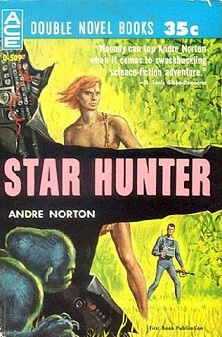Found via Alex, here are two Dutch climate researchers at Realclimate, who found a 1981 climate prediction by denialist bogeyman James Hansen:
To conclude, a projection from 1981 for rising temperatures in a major science journal, at a time that the temperature rise was not yet obvious in the observations, has been found to agree well with the observations since then, underestimating the observed trend by about 30%, and easily beating naive predictions of no-change or a linear continuation of trends. It is also a nice example of a statement based on theory that could be falsified and up to now has withstood the test. The “global warming hypothesis” has been developed according to the principles of sound science.
Which is another indication that even more than thirty years ago the implications for climate change were known or at least suspected. That we’re still talking about the climate change “controversy” is purely due to political machinations by economic interests who have a financial interest in denying climate change. Thirty years onwards the evidence is now undeniable, yet the same well funded “skeptics” are still obstructing progress towards mediating climate change. Unlike with the destruction of the ozone layer, where we did manage –barely– to start reversing the damage just in time (and it will still take decades to completely restore the ozone layer) climate change is too far to be stopped or reversed easily and the best we can do now is just migitate the consequences.
Most of the blame for that has to lie with the skeptics: there was a worldwide consensus at the end of the eighties that climate change was real and needed to be combatted. Yet effective measures have remained rare, due to the lobbying efforts of the industries that would be most affected by such measures. They took the lobying infrastructure set up earlier to help out the tobacco industry and used it to discredit climate change as a concept. The end result is thirty years of wasted time as we had to wait until climate change was undeniably real, even for (some) Republicans. Climate change was in any case unavoidable, as it was already ongoing when we first started to suspect it, but we could’ve used those three decades to make the end point less bad.
